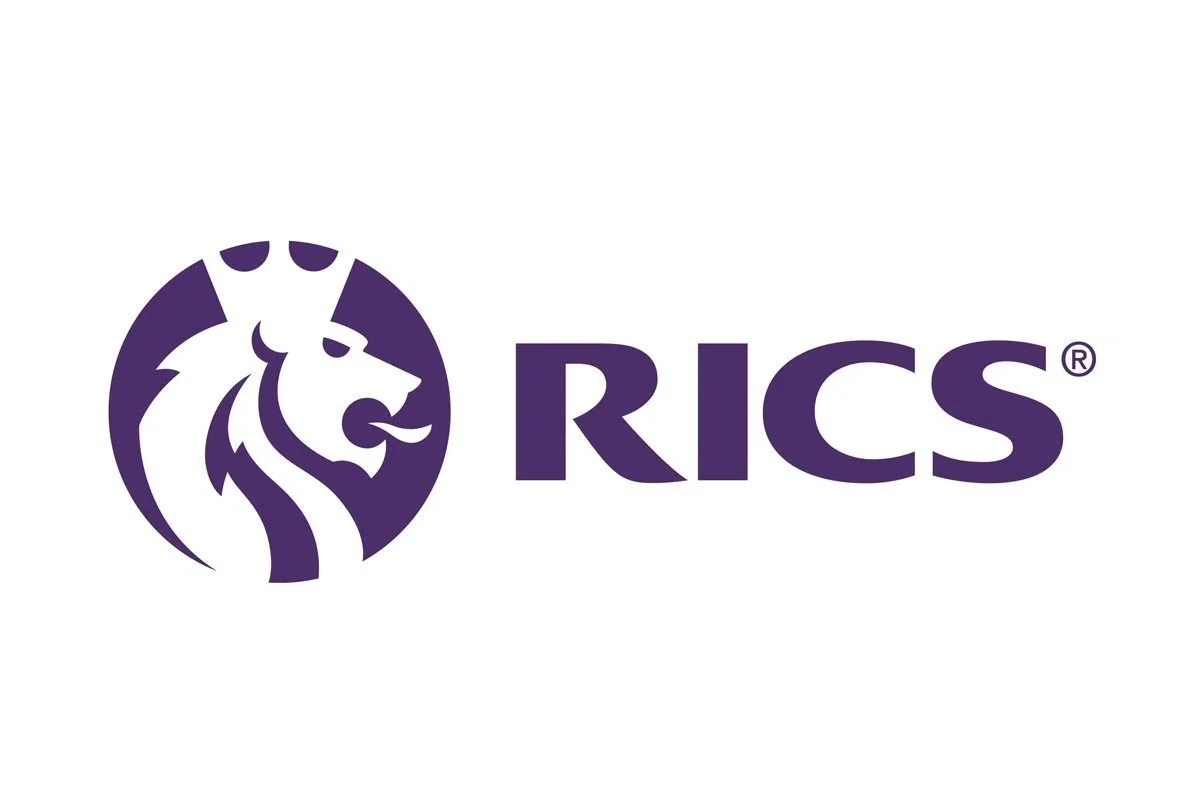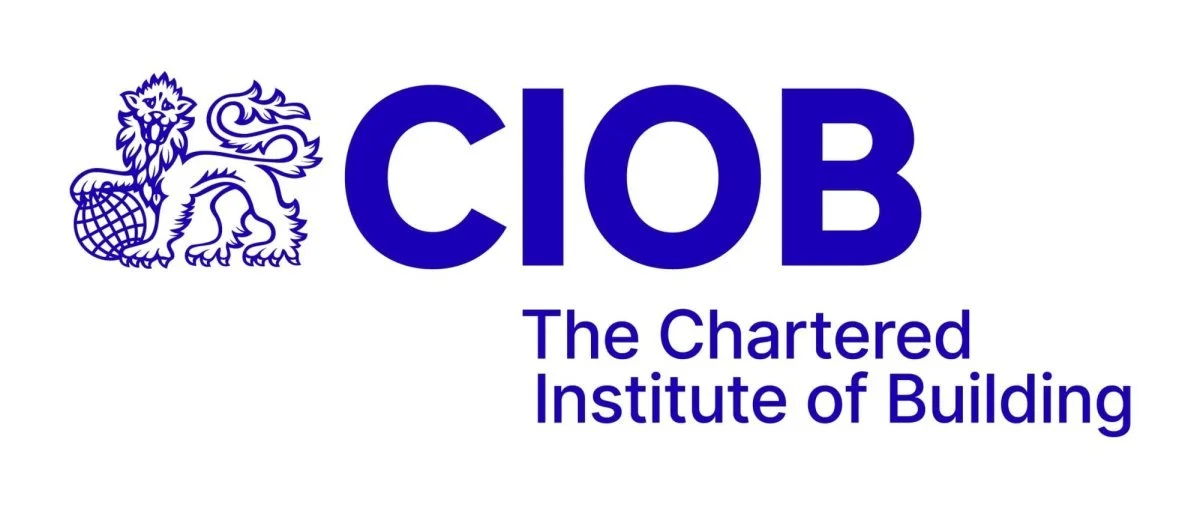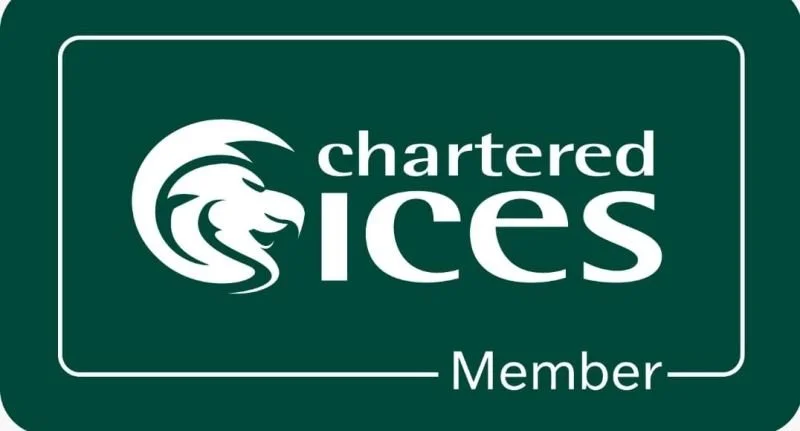Certifications for Quantity Surveyors Across the World
In the fast-paced world of construction, staying competitive is no small feat. For quantity surveyors, certifications can make all the difference. These credentials not only validate your skills but also enhance your professional standing, making you a preferred choice for employers and clients.
Whether you're based in Ireland, Australia, or beyond, certifications are your ticket to a thriving career in cost management, project estimation, and construction planning. In this guide, we’ll explore the most sought-after certifications for quantity surveyors across the globe, their requirements, and how to pursue them.
Why Certifications Are Essential for Quantity Surveyors
Certifications go beyond adding letters to your name—they’re about unlocking opportunities and building a successful career. Here’s why they matter:
Global Recognition: Certifications from respected organizations like RICS or CIOB are recognized internationally, helping you stand out in a competitive job market.
Career Growth: Certified quantity surveyors often command higher salaries and leadership roles.
Up-to-Date Knowledge: Certifications ensure you're aligned with the latest industry standards, technologies, and practices.
Credibility: Employers trust certified professionals to deliver accurate, efficient, and reliable results.
Top Certifications
1. RICS (Royal Institution of Chartered Surveyors)
Region: Global
Overview: RICS is one of the most prestigious organizations for quantity surveyors and related professionals. Their certifications set the benchmark for excellence in construction and cost management.
Credentials Offered:
MRICS (Member of RICS)
FRICS (Fellow of RICS)
Requirements:
Education:
You must hold a degree accredited by RICS. Non-accredited degrees may still be accepted if combined with relevant work experience.
Fields of study include quantity surveying, construction, project management, and cost engineering.
Work Experience:Candidates must have a minimum of 2-5 years of work experience in a surveying-related field.
Assessment of Professional Competence (APC):The APC is a rigorous assessment process that evaluates your professional and technical skills.
It involves submitting a record of work experience, completing case studies, and passing a final interview with RICS assessors.
Why It’s Important:
RICS-certified professionals are highly respected and in demand globally, particularly in regions like Ireland, Australia, and the UK.
Want to know more?
2. CIOB (Chartered Institute of Building)
Region: Global
Overview: CIOB certifications are perfect for quantity surveyors looking to specialize in construction management and leadership.
Credentials Offered:
MCIOB (Member of CIOB)
FCIOB (Fellow of CIOB)
Requirements:
Academic Background:
A bachelor’s degree in construction management, surveying, or a related field is typically required.
Alternatively, substantial work experience in the construction industry may qualify you.
Professional Review:
The review involves submitting a detailed portfolio of your work, demonstrating your experience and competencies in construction management.
You’ll need to show leadership skills, ethical conduct, and professional knowledge.
Work Experience:
Typically, 3-5 years of experience in a senior or managerial role is required.
Benefits: CIOB certification positions you as a leader in construction, opening doors to senior management roles.
3. AACE (Association for the Advancement of Cost Engineering)
Region: Global (particularly strong in the U.S. and Middle East)
Overview: AACE is ideal for quantity surveyors specializing in cost estimation and project controls.
Credentials Offered:
CCP (Certified Cost Professional)
CEP (Certified Estimating Professional)
Requirements:
Work Experience:
A minimum of 8 years of relevant work experience is required for CCP certification. However, this can be reduced to 4 years if you hold a related degree.
Technical Paper Submission:
Candidates must submit a technical paper on a topic relevant to cost engineering, demonstrating expertise and thought leadership.
Examination:
You must pass a rigorous exam covering cost estimation, project controls, and risk management.
Why It’s Valuable: AACE certifications are highly respected in cost engineering and project estimation, making them valuable for large-scale and high-budget projects.
4. ICES (Institution of Civil Engineering Surveyors)
Region: Global (strong presence in the UK and Ireland)
Overview: This certification focuses on professionals working in civil engineering and surveying.
Credentials Offered:
TMCES (Technician Member of ICES)
MCInstCES (Member of the Institution of Civil Engineering Surveyors)
Requirements:
Academic and Practical Experience:
A combination of academic qualifications (a diploma or degree in civil engineering or surveying) and hands-on experience.
Assessment Interview:
Candidates must complete an interview with ICES assessors, where they demonstrate their technical knowledge and work experience.
Benefits: Perfect for professionals in infrastructure and large-scale civil engineering projects.
5. PMP (Project Management Professional)
Region: Global
Overview: Offered by PMI (Project Management Institute), PMP certification enhances your project management skills—a valuable asset for quantity surveyors managing budgets and timelines.
Requirements:
Work Experience:
A bachelor’s degree plus 36 months of project management experience.
Alternatively, a high school diploma and 60 months of project management experience.
Education:
Completion of 35 hours of project management education or training.
Examination:
Candidates must pass the PMP exam, which tests their knowledge of project planning, execution, monitoring, and closing.
Why It’s Useful: This credential is globally recognized and pairs well with cost management expertise.
6. LEED (Leadership in Energy and Environmental Design)
Region: Global (popular in Australia and the U.S.)
Overview: LEED certification is ideal for quantity surveyors working in sustainable construction projects.
Offered By: U.S. Green Building Council (USGBC).
Requirements:
Education/Training:
Complete LEED-specific training or courses.
Examination:
Pass the LEED Green Associate or LEED AP (Accredited Professional) exam.
Benefits: Specialise in green building practices and gain a competitive edge in the growing sustainable construction market.
At GEDON Executive, we specialize in helping professionals step into leadership roles that align with their skills and career goals. Whether you're ready to lead a team, manage projects, or take on a senior-level role, we can connect you with the right opportunities in Ireland and Australia.
Here’s how GEDON Executive can help you:
Exclusive Access to Leadership Roles: We partner with top employers looking for experienced professionals to lead their teams.
Personalized Career Guidance: Our team will work with you to identify your strengths and prepare you for leadership success.
Trusted Connections: We match professionals like you with organizations that value your vision and expertise.
Take the leap into leadership with confidence.







